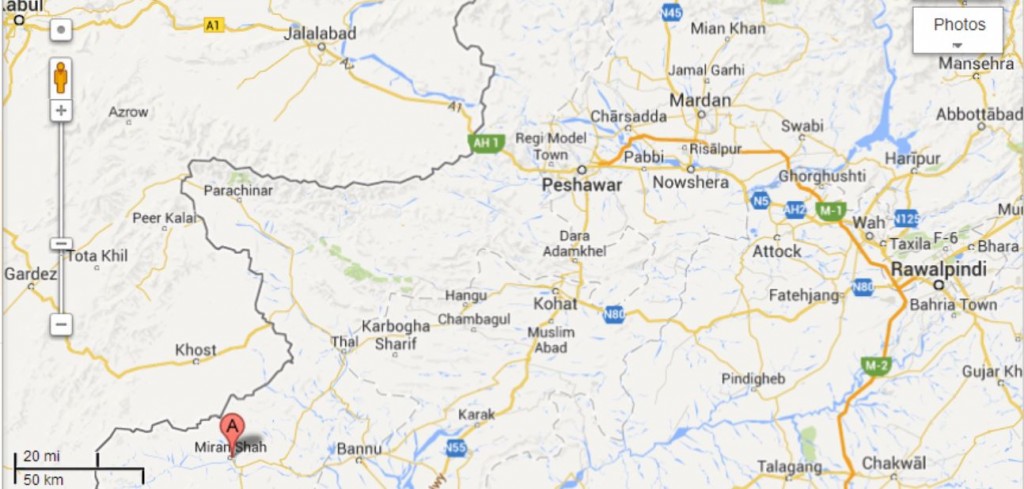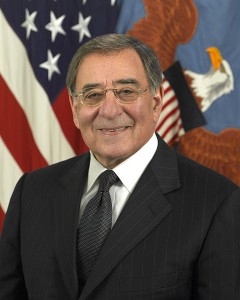Imran Khan, Samuil Haq State US Does Not Want Peace Negotiations in Pakistan
As Pakistan traverses a difficult path, trying to negotiate peace with militant groups under a shaky ceasefire, provocative statements have come out this week from leading figures in the process accusing the US of not wanting the talks to succeed and even suggesting that the US would actively try to undermine them.
Today, we have this very provocative statement from Maulana Samiul Haq, who has played a prominent role in getting the peace talks under way:
Attempts will be made to sabotage the efforts of the intermediary committees with regards to the peace talks, stated Jamiat Ulema-e-Islam-Samiul Haq (JUI-S) chief Maulana Samiul Haq while speaking to the media in Nowshera on Wednesday.
He said that “the third enemy” will definitely do something to create obstacles, adding that USA, India and Afghanistan do not want the peace negotiations to be successful.
Dawn’s coverage of the press conference describes Haq’s statement in this way:
Haq, chief of the Taliban negotiating committee, told reporters after the meeting that the Taliban committee was seeking a meeting with Prime Minister Nawaz Sharif. He praised the Taliban for announcing the ceasefire and said he had asked the militants to track down whoever was responsible for the recent violence.
Moreover, he also said that the announcement of a ceasefire from both sides was a major progress and that the Taliban had been asked to probe into those responsible for recent attacks.
The chief Taliban mediator added that Afghanistan, India and the United States wanted the dialogue process to fail.
He further said that the government and Taliban should jointly unveil the enemy.
It would seem that Haq is following his own advice here, because in the aftermath of Monday’s attack on the court in Islamabad, Haq had said this:
The government and the Tehreek-e-Taliban Pakistan (TTP) should not blame each other for any attack and should look for “the third enemy,” stated Jamiat Ulema-e-Islam-Samiul Haq (JUI-S) chief Maulana Samiul Haq while talking to the media in Islamabad.
So on Monday it appears that Haq called on Pakistan to identify the “third enemy” and then today he stated that the US, India and Afghanistan fill that role.
I had missed it in the immediate aftermath of Monday’s attack, but Imran Khan did not wait to identify the US as the enemy of peace in Pakistan:
Imran Khan, chief of the Pakistan Tehreek-i-Insaf, said on Monday that some elements, including the United States, were against peace in the country and an operation in Waziristan region was not in favour of Pakistan, DawnNews reported.
I’m guessing that John Brennan’s drone trigger finger is getting very itchy about now and that he is looking into how he can break the current lull in US drone strikes. Especially considering that the DOJ has now been asked to investigate CIA spying on Senate Inteligence Committee staff computers and Brennan’s known history of using drone strikes in Pakistan as a political retaliation tool, I don’t see how he can keep himself in check any longer.


